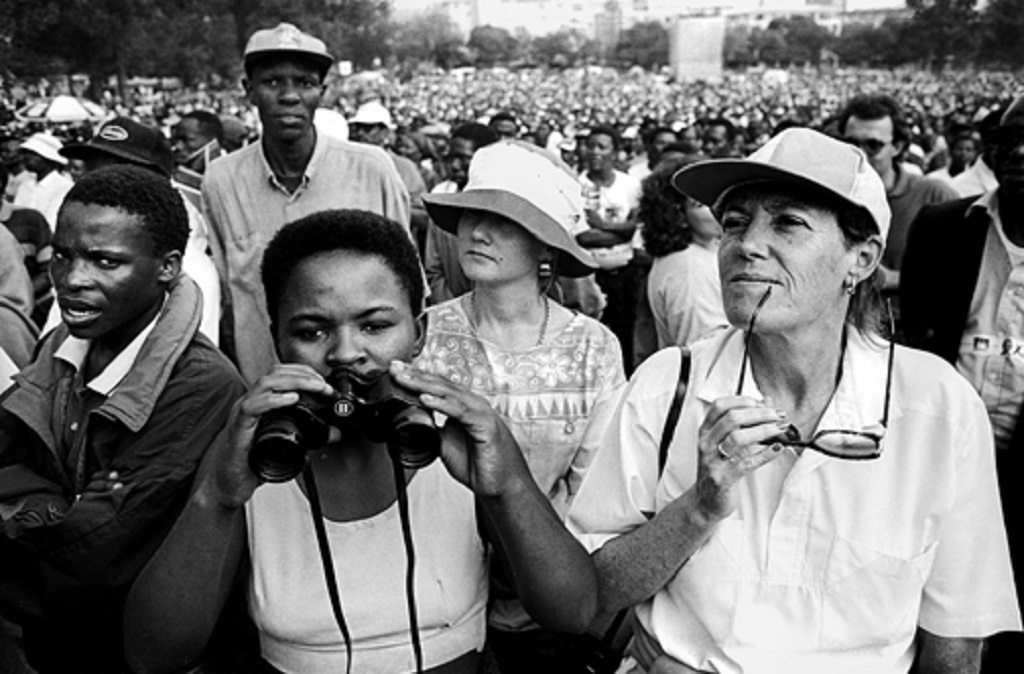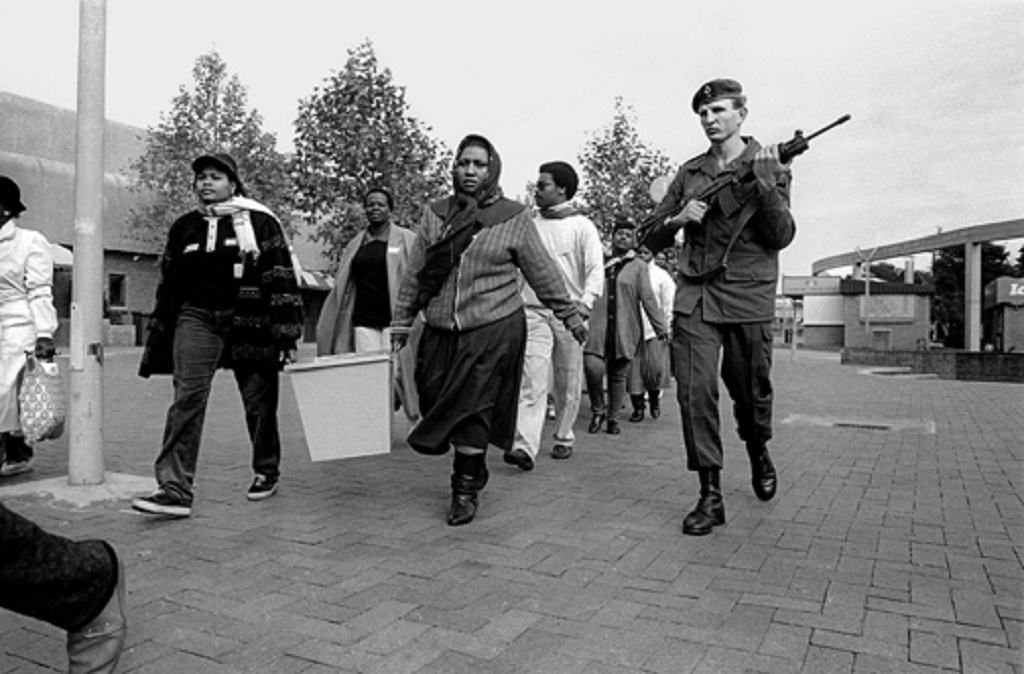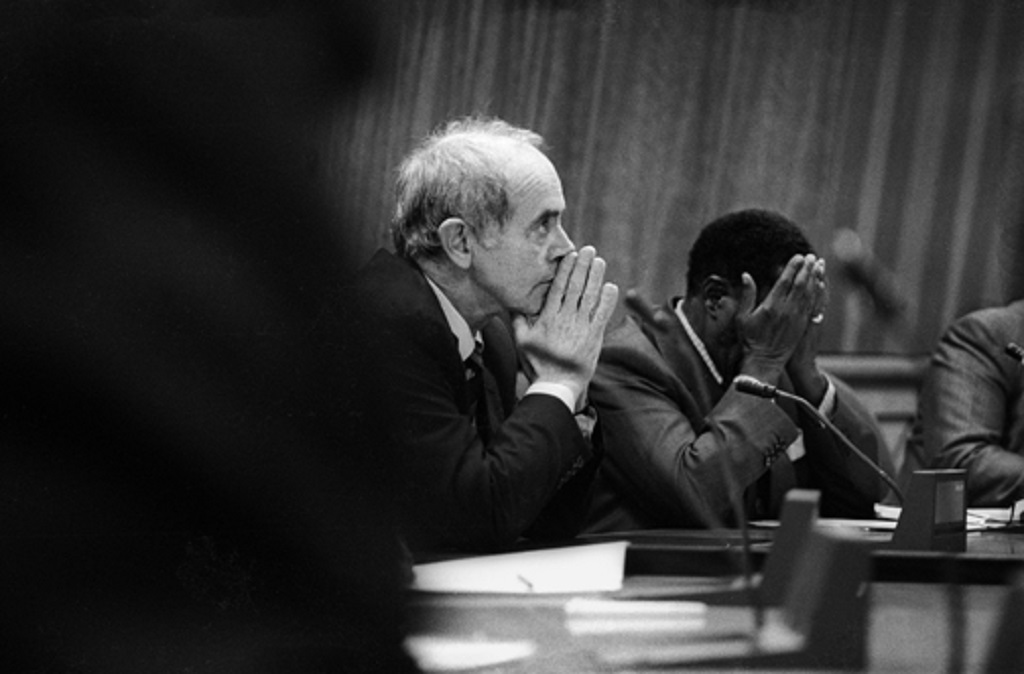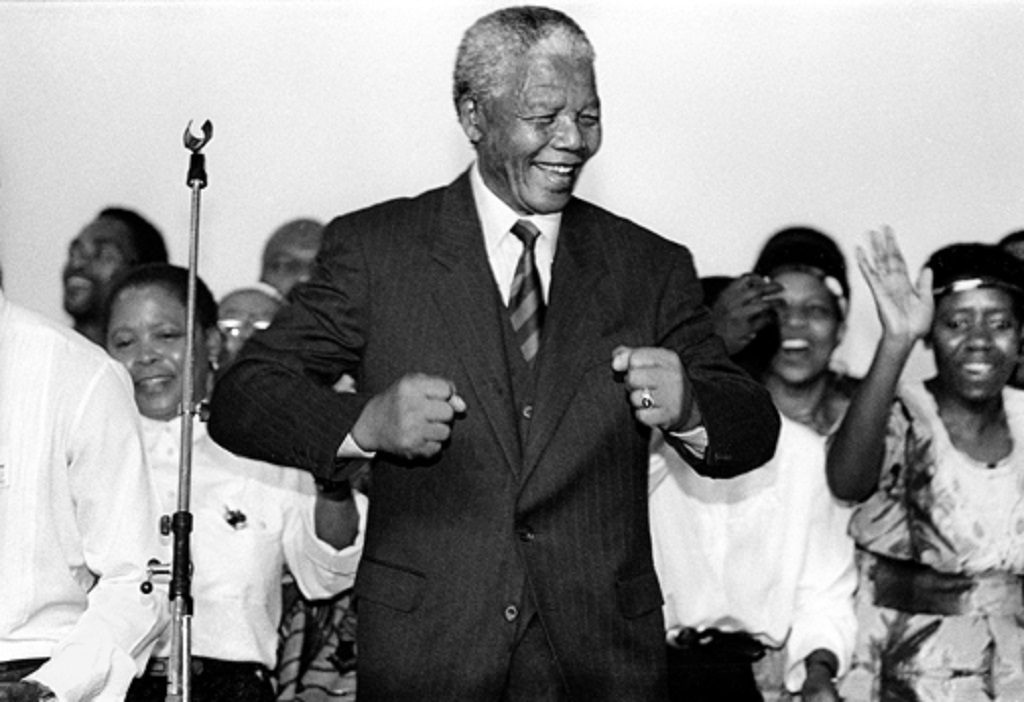By Pieter Cronjé
On 27 April 1994 South Africans flocked to voting stations to vote. Now this day is an annual public Holiday – Freedom Day.
Chairman of the Independent Electoral Commission, Judge Johann Kriegler,
BEFORE: “This is an insurmountable opportunity.”
AFTER: “Maybe we were too stupid to realise this was impossible.”
This quick flashback should remind us what a Herculean feat this was:
- The 1994 election had to be organised in four months, instead of at least one, preferably two years.
- There was only one staff member in December 1993, the chairman of the Independent Electoral Commission, Judge Johann Kriegler, but four months later 350 000 election staff were in the field delivering the first democratic election.
- 20 million voters, most of whom had never voted before, had to receive voter education on how to vote and why it was important to vote. 6 million voter education manuals in all eleven official languages were distributed. Voter turnout was 86% plus and spoilt ballots less than 1%.
- The election was seven times bigger than any previous election.
- There were none of the present communication tools: internet, emails, text messages, online and social media and smartphones. There were landline telephones, fax machines and two-way radios.
- There was violence, tension, sabotage and politically-motivated killings in the country.
- KwaZulu and Bophuthatswana only joined the election in the final stages, resulting in huge logistical complications.
- Voters could vote anywhere, not like today’s registration at a particular voting station. In 1994 this was a logistical nightmare with ballot papers, staff and security.
- There were 10 500 voting stations in 78 countries.
- Well-known IEC Commissioners included three Constitutional Court judges, Johann Kriegler, Dikgang Moseneke and Zac Yacoob and others included Helen Suzman, Oscar Dhlomo, Frank Chikane.
- Helen Suzman called it a dream result – the ANC did not achieve a two-thirds majority, Inkatha won KwaZulu-Natal and the National Party the Western Cape.
- The election was certified as “substantially free and fair” by the IEC, there was general acceptance of the result and calm returned.
Pieter Cronjé was communication director and spokesperson for the IEC in 1994.



Judge Johann Kriegler, who headed the Independent Electoral Commission in 1994.




